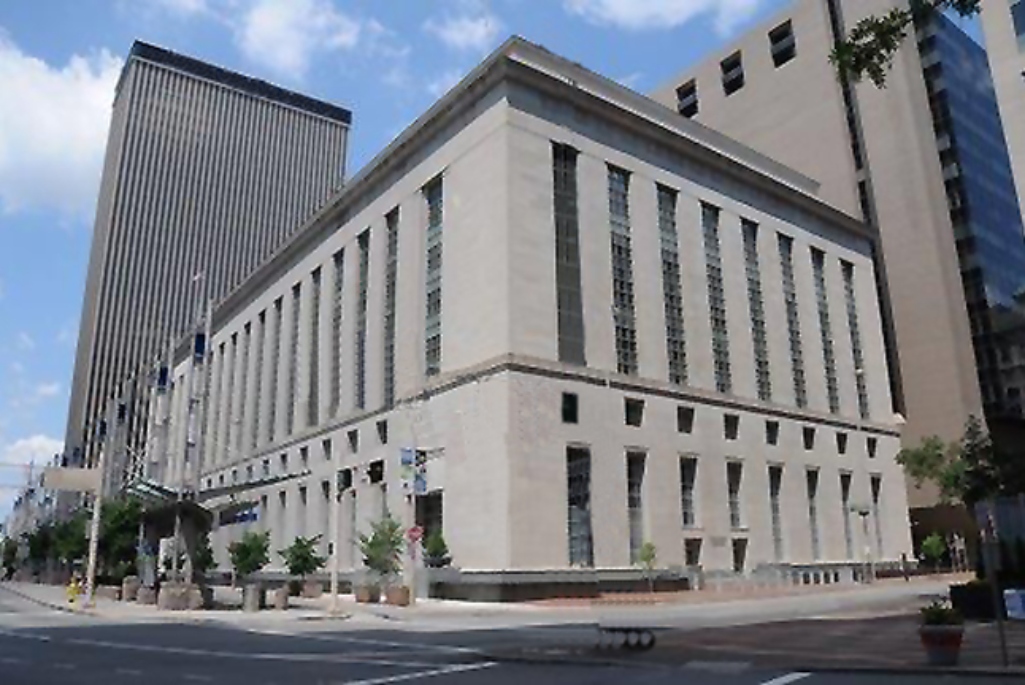
CINCINNATI (BP) – Tennessee and Kentucky can prohibit certain gender-transition treatments for minors, a federal court said Sept. 28 in rejecting appeals from parents and others.
The U.S. Court of Appeals for the Sixth Circuit said gender dysphoria is so new a diagnosis that the safety and impact of medical treatments including puberty blockers, hormone treatments and surgeries has not been proven. The court consolidated challenges to the laws in Tennessee and Kentucky in issuing its ruling.
Without the laws, “Tennessee and Kentucky will suffer harm from their inability to enforce the will of their legislatures, to further the public-health considerations undergirding the laws, and to avoid health risks to their children,” the court said in a 2-1 decision. “As for the public interest, Tennessee and Kentucky’s interests in applying these laws to their residents and in being permitted to protect their children from health risks weigh heavily in favor of the States at this juncture.”
Southern Baptist ethicist Brent Leatherwood welcomed the ruling.
“It is inconceivable that such sensible laws could be contested, and thankfully the Sixth Circuit’s decision will now allow them to go into effect,” said Leatherwood, president of the Ethics & Religious Liberty Commission. “The ERLC has long maintained children should not be pawns in the sexual revolution.
“As a result, it is absolutely appropriate for the state to intervene so that vulnerable children are not subjected to these harmful, life-changing procedures.”
The court’s ruling is the latest in a string of challenges to laws protecting children from medical gender dysphoria treatments. Children are now protected from such treatments in at least 20 states, according to U.S. News & World Report. Adversely, courts have blocked such bans in several states.
“No one in these consolidated cases debates the existence of gender dysphoria or the distress caused by it. And no one doubts the value of providing psychological and related care to children facing it,” the Cincinnati court wrote. “The question is whether certain additional treatments – puberty blockers, hormone treatments, and surgeries – should be added to the mix of treatments available to those age 17 and under.”
The novelty of such treatments makes it “difficult for anyone to be sure about predicting the long-term consequences of abandoning age limits.”
God’s design for children should be protected and embraced, Leatherwood said.
“Our culture desperately needs voices that remind individuals about the goodness of God’s design for gender and how we are meant to flourish as either a man or a woman,” he said. “This fundamental truth should be reflected in law and policies throughout our nation.”
Both the Tennessee and Kentucky laws allow children who have started such treatments to continue. Tennessee allows long-term treatments such as hormone therapy to continue through March 2024, if they began before the law became effective July 1.
Kentucky’s law, enacted after the Legislature overrode Gov. Andy Beshear’s veto of “An Act Relating to Children,” allows already active treatments to continue for a period if the use of such hormones is “systematically reduced.”
The use of puberty blockers and hormones to treat congenital conditions, precocious puberty, disease and injury is not impacted by the laws.
In a dissent to the Sixth Circuit ruling, Judge Helene White said the laws violate the Equal Protection and Due Process Clauses of the 14th Amendment to the U.S. Constitution.
“The statutes we consider today discriminate based on sex and gender conformity and intrude on the well-established province of parents to make medical decisions for their minor children,” White contended.
In addition to Kentucky and Tennessee, states with active bans on medical gender dysphoria treatments on minors are Arkansas, Florida, Georgia, Idaho, Indiana, Iowa, Louisiana, Mississippi, Missouri, Montana, Nebraska, North Carolina, North Dakota, Oklahoma, South Dakota, Texas, Utah and West Virginia.
(EDITOR’S NOTE – Diana Chandler is Baptist Press’ senior writer.)


